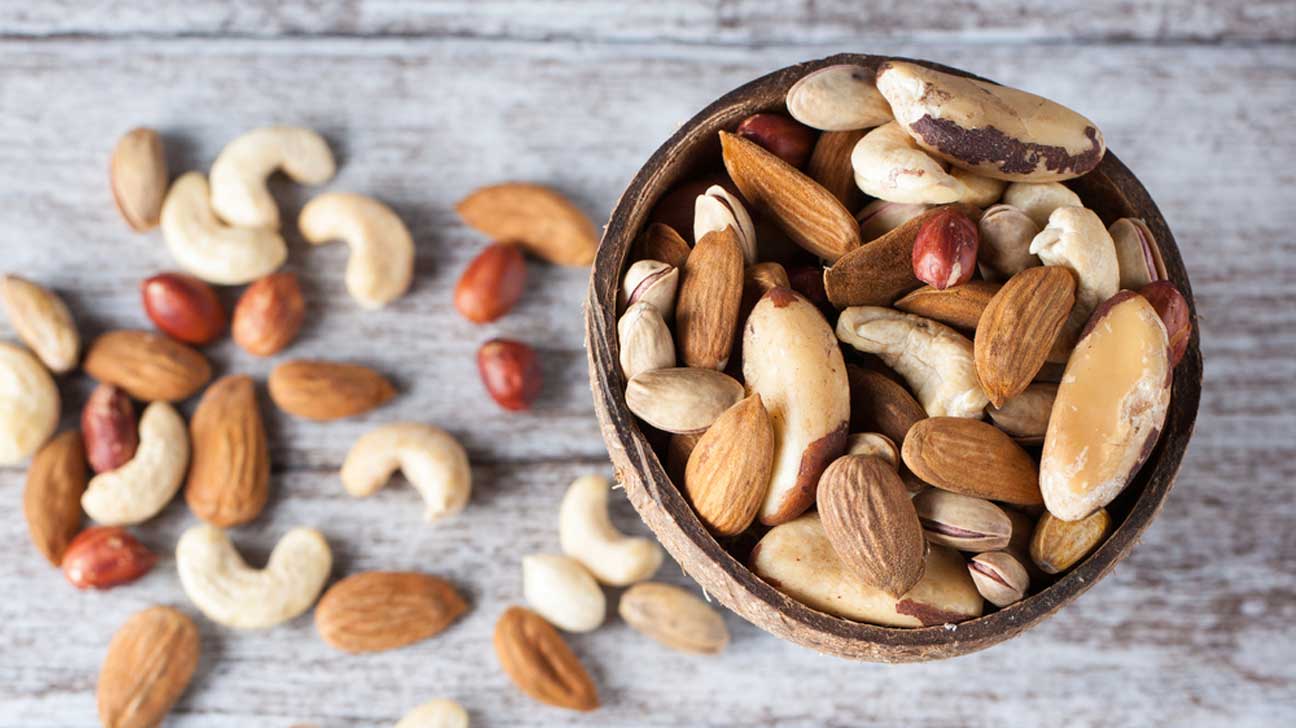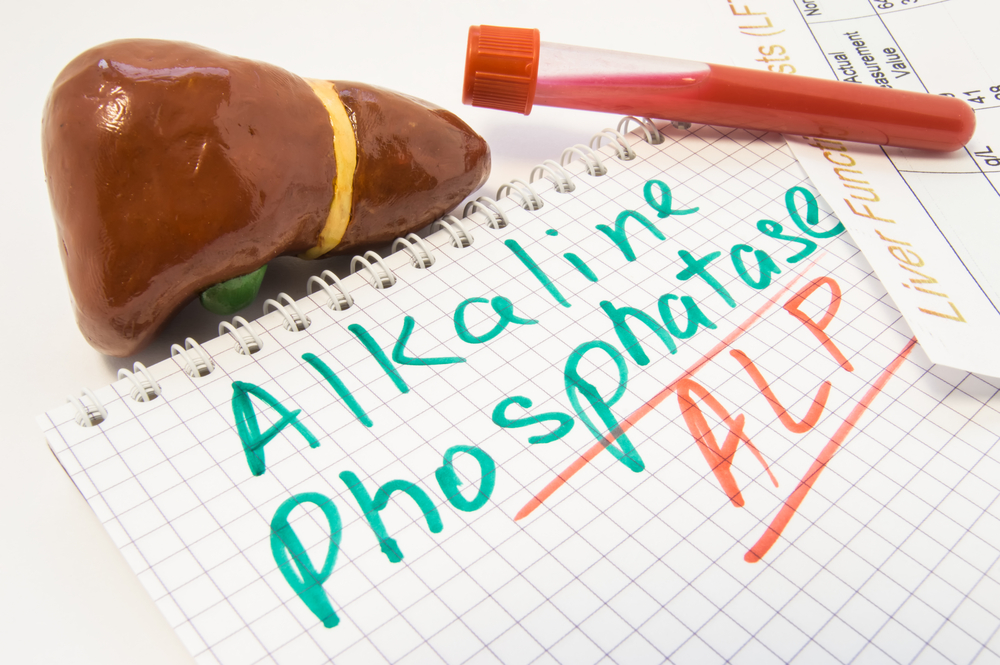Contents:
Medical Video: Breastfeeding Position and Latch
Breastfeeding as a method of contraception was originally only an ancestral myth. Departing from this myth, since 1970, many studies have specifically studied the relationship between breastfeeding and fertility. The result, experts and experts agree that women breastfeeding exclusive breastfeeding tend to experience normal ovulation that occurs even before the first menstruation after labor, compared to women who only partially breastfeed (breast milk and formula milk), or who do not give exclusive breastfeeding at all.
The statement above is for the record: nursing mothers can start menstruating at different times after delivery. For some breastfeeding mothers, their menstrual cycle will return at the earliest a few weeks, and for others, menstruation can only return within a few years after delivery.
Effective, provided you breastfeed exclusively
Breastfeeding is a safe, easy and comfortable method of contraception.
You can use breastfeeding as an alternative to contraception if, after delivery, you give exclusive breastfeeding to your baby. This means that your baby does not eat anything other than breast milk. The process of producing breast milk and breastfeeding naturally changes a woman's hormones so that you will not get pregnant.
Breastfeeding will delay the return of your menstrual cycle. However, you will still ovulate before your first menstruation begins. This gap allows you to get pregnant if you only rely on menstruation as a sign that you are returning fertile.
As long as a mother is breastfeeding exclusively breastfed, her body will not produce the hormones needed for ovulation, aka the release of eggs from the ovary. Pregnancy cannot occur when the egg is not released.
Effective, as long as the baby's age is not more than 6 months
Effectiveness is an important and general consideration when choosing a contraceptive method. Like all contraceptive methods, breastfeeding as a contraceptive method, also known as lactational amenorrhea method (LAM), will be effective - and without side effects - if you do it right.
Quote Planned Parenthoodless than 1: 100 women who breastfeed exclusively breastfeeding will become pregnant continuously. Two out of 100 women who breastfeed exclusive breastfeeding will get pregnant in the first six months of breastfeeding if they do not breastfeed exclusively breastfed regularly.
Breastfeeding as a method of controlling pregnancy can be effective during the first six months after delivery, if you:
- Do not replace breast milk with other substitute foods, aka you must give exclusive breastfeeding.
- Maintain the routine of breastfeeding, both day and night, and there is no time gap that is too large between the time of breastfeeding (more than four hours during the day and six hours at night), and do not exceed the allotted time.
- Have not experienced menstruation since the birth process.
- Not taking anti-depressant drugs. Anti-depressants can be absorbed into the milk and make your baby drowsy, so it won't suckle as often as it normally does.
If you meet the above requirements, the chance of breastfeeding as a contraceptive method has a success rate of up to 98%. However, breastfeeding does not protect you from sexually transmitted diseases. Use condoms to reduce the risk of infection.
Another thing you need to understand is that breastfeeding as a pregnancy controller can only be relied on for six months after giving birth. By the time your baby is six months old and you have not got your period, you should use another method of birth control if you are not planning a pregnancy. Many contraceptive methods are safe to use during breastfeeding.
Plus minus breastfeeding for you and your baby
Using this method has benefits for nursing mothers, including:
- Breastfeeding will not interfere with the natural hormonal balance
- Very effective
- Does not require fees
- Does not require a recipe
- Reduces bleeding after giving birth
- No need for medical equipment or doctor's supervision
However, some women may find it difficult to breastfeed exclusively. If you give formula milk to your child, you will have a great chance to get pregnant again.
In addition, breastfeeding can reduce the production of natural lubricants in the vagina when a woman is aroused.
Breastfeeding exclusive milk also has a myriad of benefits for your baby, including:
- Reducing the chance of infection from bacteria in water or market dairy products
- Strengthen the physical and inner relationship between mother and child
- Inherit a number of antibodies from the mother's body to protect it from certain infections
- Protect it from the chance of allergies and asthma
- Breast milk is the best source of nutrition for babies
READ ALSO:
- What kind of nursing bra is good for you?
- Emergency contraception prevention of pregnancy
- Is it difficult to get pregnant? Maybe you or your partner is infertile. Get to know the sign here












